
views
New Delhi: His worst critics grudgingly acknowledge his marketing brilliance. A scathing attack on his obsessive perfectionism is a back-handed compliment to his belief that every character he plays is his alter ego and deserves the indulgence he would accord himself.
But Aamir Khan, for all his flaws, has understood the law that governs Bollywood perhaps better than any of his contemporaries - that to outstay competition he needed to keep evolving in an industry that is a smelter for talent, constantly sifting the ore.
Over twenty-five years of a film career that started as a child artist in home production 'Yaadon Ki Baaraat' in 1973, Khan has emerged as a confident but slightly reticent actor who at 46 knows the pulse of a generation well enough to pull off a forward looking foul-mouthed comedy critics believe India is not yet ready for.
In 2007 the introverted actor politely turned down an offer by London's Madam Tussauds to set up his wax statue. The Tussauds invitation has set a trend over the years as a benchmark for success for most international stars.
His, if he accepted, would have been only the fourth Bollywood wax figure after Amitabh Bachchan, Shah Rukh Khan and Salman Khan. But his refusal to have his statue up at the historic museum is emblematic of his aversion to making his private life public and a compulsive skepticism of film awards and its juries. He rarely, if ever, attends award ceremonies and says he prefers people's verdict to a panel's.
But his evolution into an industry powerhouse from a lanky 19-year-old in social drama 'Holi' in 1984, his first film as an adult, has uncovered a side to his personality that few give him credit for.
There are many reasons why Khan is one of Bollywood's most prolific actors and a shrewd marketing genius. But his uncanny knack of understanding the signs of the time is often underplayed as filmmakers emphasize on his acting skills.
When Khan appeared in Holi, directed by Ketan Mehta and based on a play by Mahesh Elkunchwar, it was an honest if slightly melodramatic portrayal of student unrest at a campus. Filmmaker Ashutosh Gowarikar played a student himself in the film. At 19, the ungainly Khan had his first on-screen kiss and what he lacked in finesse he made up in enthusiasm.
But he reappeared, with further grooming and more confidence in the 1988 hit Qayamat Se Qayamat Tak, a cult film on unrequited young love. He has had many set backs but the actor has transformed from a tongue-tied romantic hero of films such as Love Love Love and Dil to an intense character in socially relevant films such as Taare Zamin Par and 3 Idiots.
But Khan's persistent self evaluation with critical roles such as Mangal Pandey and Ghajini is the product of a finer understanding of an audience spoilt for choice with simultaneous India releases of international films. It is also an acknowledgement of the relentless campaign by young directors dominating alternate cinema that is finally gaining a larger acceptance among a wider economic class of people keen to grow with the times.
With box office success came a keen grasp of India's shifting cultural boundaries and the thrust of multiplexes in semi-urban India. His experiment with a Facebook profile 'Amir the Pucca Idiot' became a talking point at the time of release of 3 Idiots. Media hounded the page believed to be directly updated by him and his status updates appeared in the papers.
Khan started what would be followed by many stars in the subsequent months. He doodled on T-shirts, which his team marketed on Facebook. His strategy was a novel one. He simply "disappeared" and left clues for fans of where to spot him. It worked brilliantly. But to be fair, the buzz around 3 Idiots kicked off a rage only in the film's second week.
Khan once said in an interview to Reuters: "In filmmaking, it doesn't stop at the choices. The choices are very important and that's the first step. But making a film is such a difficult process that you can slip up any time. You can go wrong in the mixing of the film and you have failed. You can go wrong in the marketing of the film. The release could be at a bad timing. From the time the writer starts writing to the time the distributor releases it, everyone has to perform at a certain degree for the end result to be good and that's not easy."
If social networking worked for 3 Idiots, the power of carefully-casual bad publicity did it for Delhi Belly.
The reticent actor who was once known for his limited media interaction and disregard for popular awards speared the promotional blitz for his newest venture with a blog post that said 'Delhi Belly' has "the potential of destroying, in a single stroke, all the goodwill we have built in the last 10 years." The film was co-produced by Aamir Khan Productions and UTV Motion Pictures.
For years Khan struggled with his public image as he evolved from a baby-faced actor fighting for a foothold in an industry of titans to an actor extraordinaire with enough clout to alter a film's narrative during its production. From choosing his scripts carefully to fastidiously ironing out the kinks, Khan's involvement in the process of filmmaking was largely dominated by his own pursuit of perfection.
Now, with speculations that he will head the Munna Bhai franchise replacing Sanjay Dutt's iconic role, he is also gearing up for an antagonist's role in Dhoom 3. The middle-aged actor pulled off with aplomb the role of a graduate student in 3 Idiots and beefed up for the role of a man with retrograde amnesia in Ghajini.










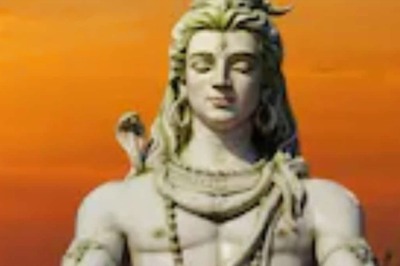

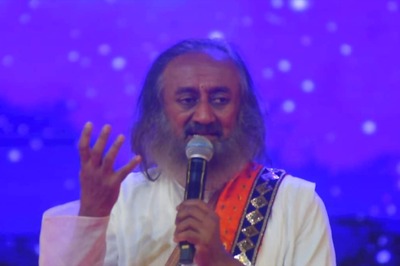

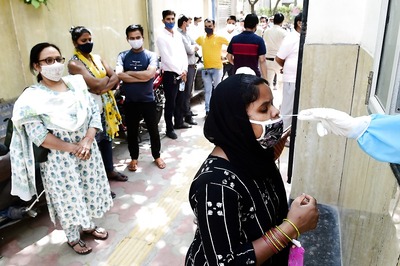
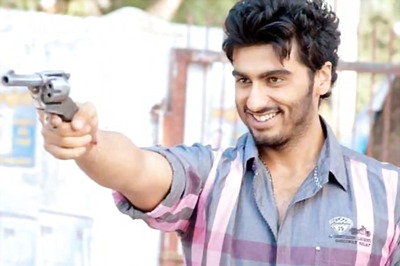


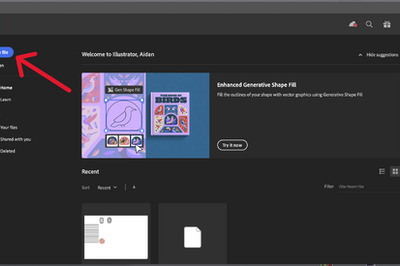
Comments
0 comment